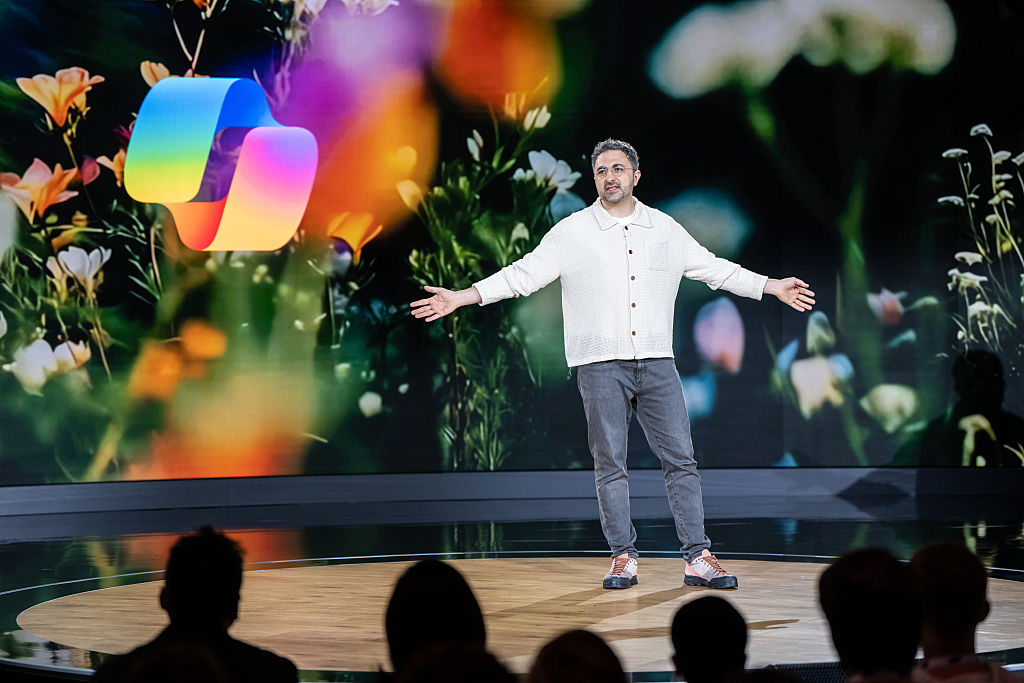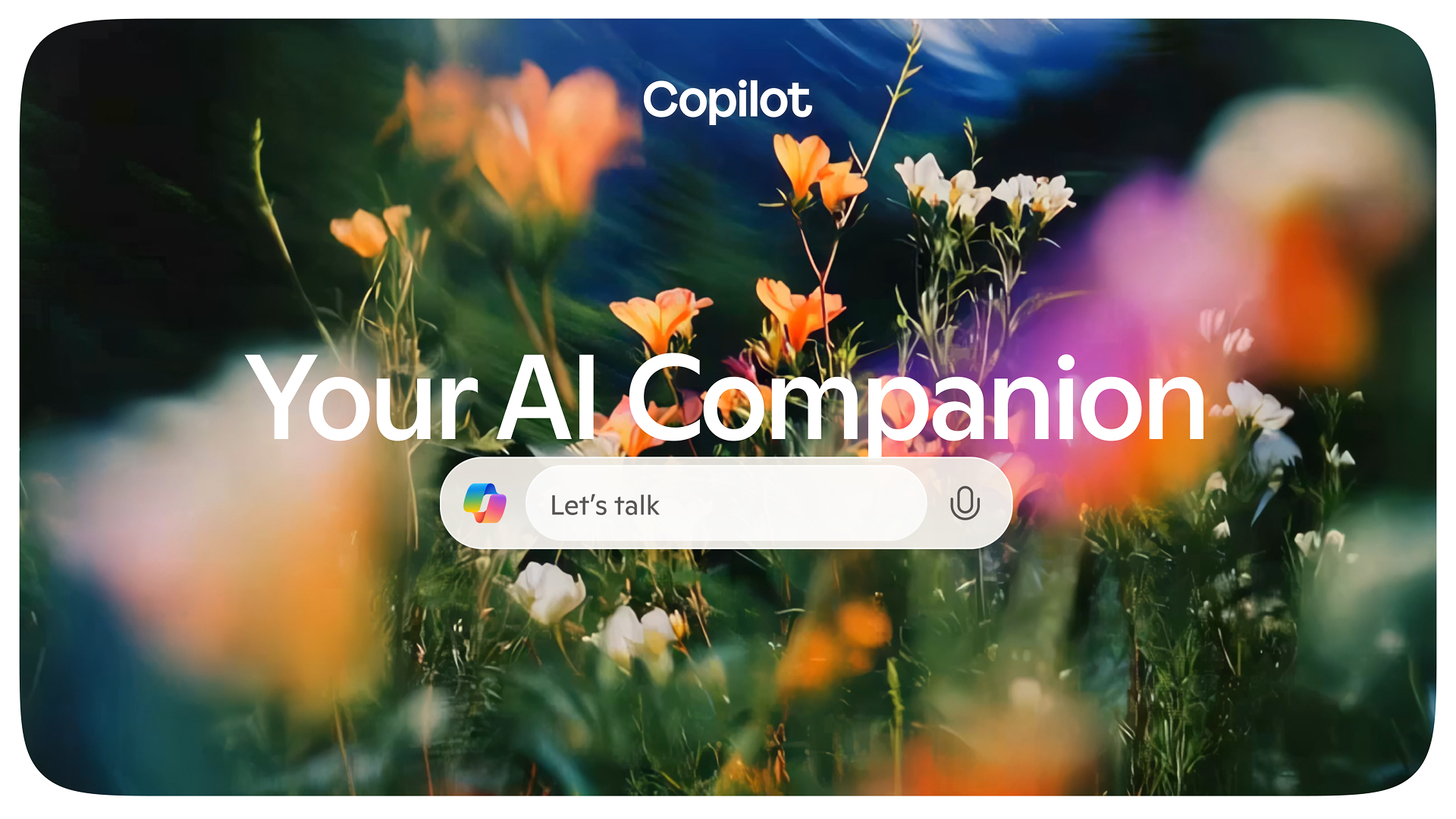
Microsoft might be turning 50, but its eyes are still firmly fixed on the future.
And that future, by its own estimation, has everything to do with AI.
At its 50th anniversary event on Friday, Microsoft's top brass took the stage to talk about what the company has in store for the future of its iconic operating system.
The answer? Copilot. A lot of Copilot.
Copilot is getting more personal
Microsoft had a lot to tell us about the future of Copilot, and the biggest takeaway is that it's getting a lot more personal.
"Copilot will understand you in the context of your life, and show up, on your terms, in the right way at the right time," said Mustafa Suleyman, Executive Vice President and CEO of Microsoft AI in a statement.
"This is far richer, more dynamic, supportive and emergent than any software we’ve seen before. It’s a new kind of relationship with technology, a new era."
What that means, specifically, is more customization but also more sophistication, and perhaps the most exciting example of that is Copilot's glow up in the AI agent department.
Microsoft announced that starting soon, Copilot will be able to act on your behalf to browse the web and carry out tasks like booking event tickets, making dinner reservations, and even buying gifts and other items.
Microsoft says this Copilot feature, dubbed Copilot Actions, will "work with most websites across the web," and initial partners include 1-800-Flowers.com, Booking.com, Expedia, Kayak, OpenTable, Priceline, Tripadvisor, Skyscanner, Viator, and Vrbo.
How well Copilot performs in those tasks remains to be seen, but ascending into a more fully-formed AI agent is a promising sign for anyone (like myself) who wants chatbots to make my life more tedious.
And the personalization doesn't stop there.
Microsoft is also working to give Copilot more of a "memory" in an effort to make it more of an "AI companion."
That means remembering your inputs to recall things like your favorite food, what movies you like, birthdays, and more.
Microsoft hopes that the glut of personal data will help Copilot make better suggestions and even become more proactive so that it can remind you about tasks and help build your calendar without you asking.

That's a big ask from a privacy perspective, but Microsoft says users will be able to tailor their security and privacy settings to control what data is remembered and what remains untouched — users will also be able to opt out entirely, according to the company.
Whether Copilot users will be made abundantly aware of those controls is another question entirely, but it's nice to know they exist.
If there's one thing that's clear about Microsoft's anniverary annoucements regarding Copilot, it's that it still very much envisions its ChatGPT-powered AI as the centerpiece of future Windows functionality.
Copilot take the wheel
Slowly but surely, Microsoft has focused on making Copilot more independent.
While AI agents aren't exactly singularity territory, they are by far the most promising and marketable form of generative AI I've seen so far.
I, like many, long for a world where I can actually entrust AI to carry out tasks on my behalf — read my email, set my calendar, or order my Uber — but unfortunately, it feels like we're not quite there yet.
As advanced as Copilot or ChatGPT may be, they're imperfect technologies, which makes handing over the keys to them completely a more stressful experience than it ought to be.
I have no doubt that tools like Copilot could very well be the future of Microsoft and the main lens by which we interact with its Windows operating system, but there's still a lot of proving to be done.
And if Microsoft is going to make the next 50 years of Windows as iconic as the last, then Copilot is going to have to ace its flight test or crash and burn trying.

.png?w=600)





